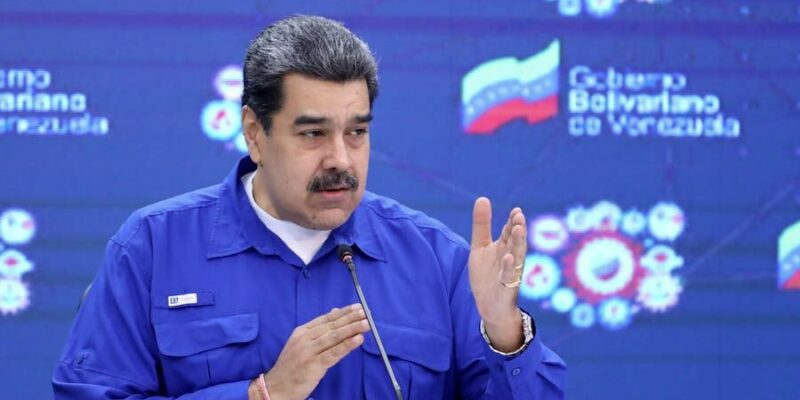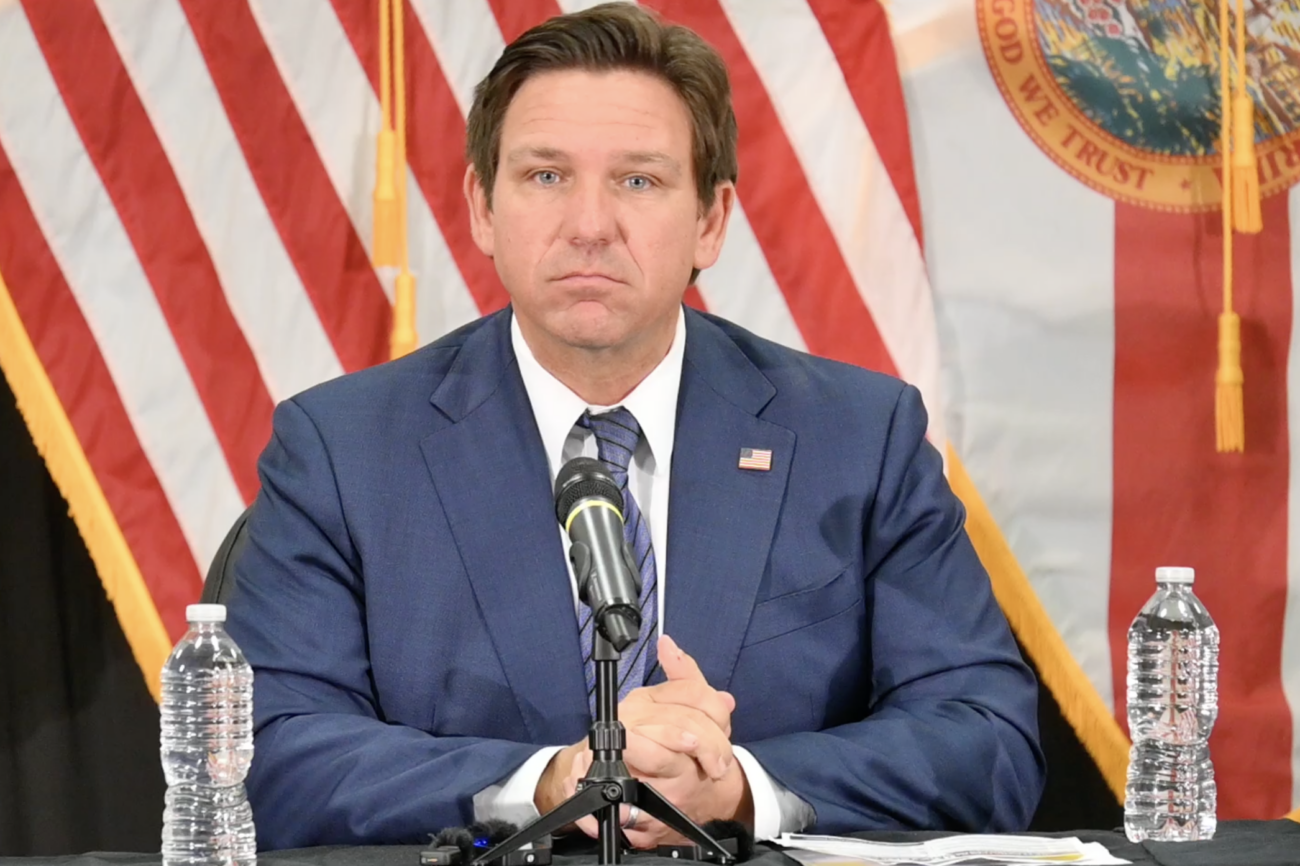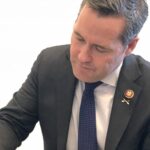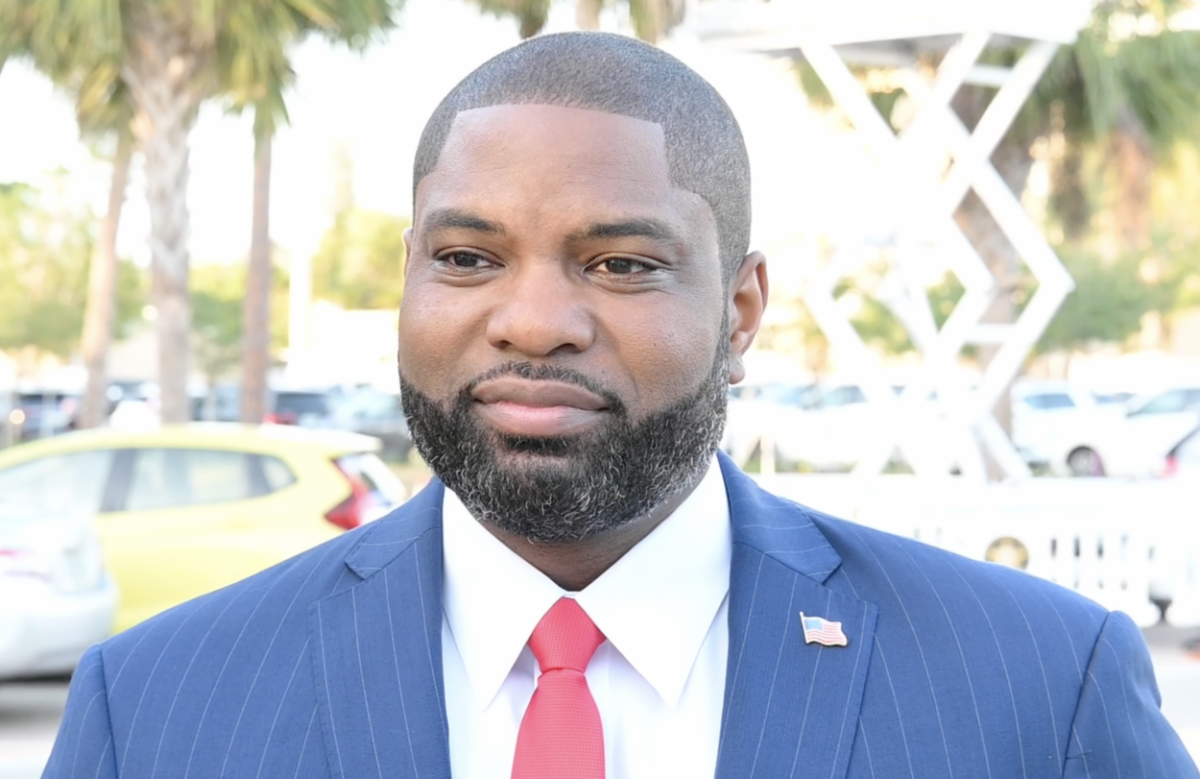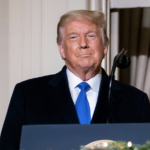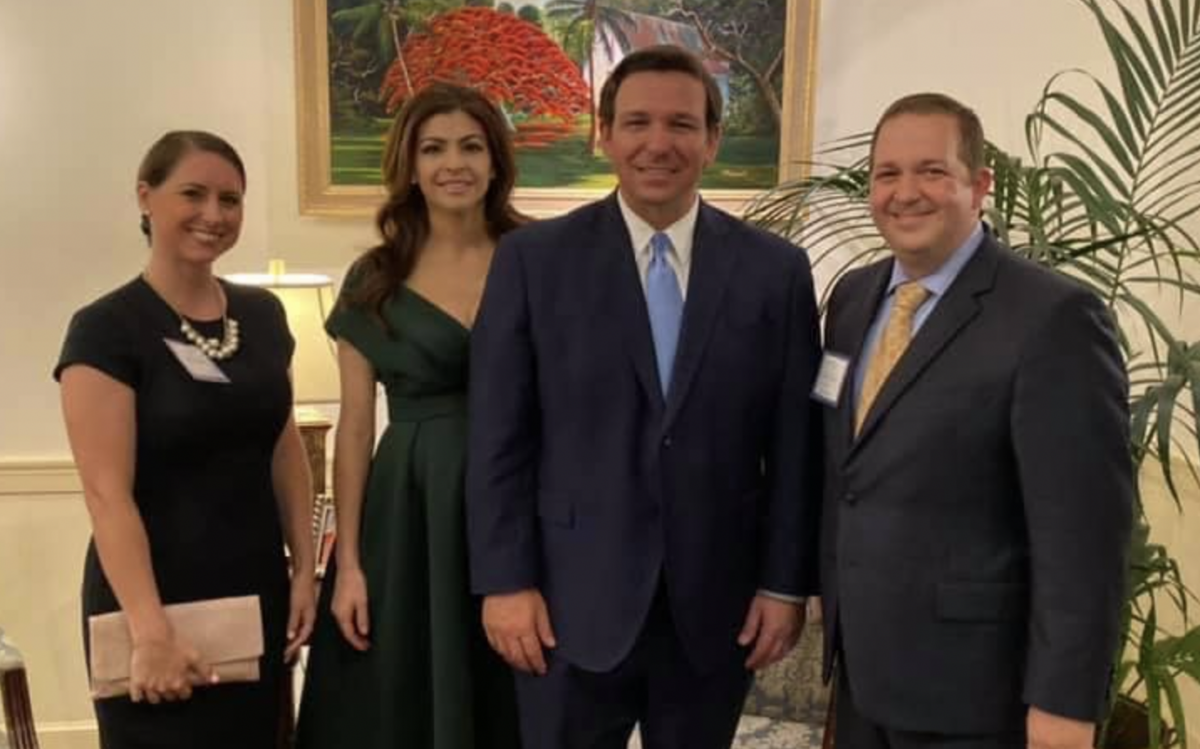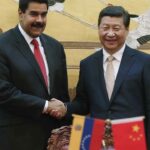Florida International University, in collaboration with the Steven J. Green School of International & Public Affairs, the Jack D. Gordon Institute for Public Policy, and the Kimberly Green Latin American and Caribbean Center, hosted the first of a series of discussions regarding the U.S.-Venezuelan relationship. The discussion, featuring scholars on the subject, explored the implementation of sanctions against Venezuela and the unintended consequences that might result.
Titled “Venezuela at a Crossroads: Reassessing Sanctions – the Best Way Forward?”, Dr. Gabriela Hoberman, an Adjunct Professor in Politics and International Relations, moderated a discussion between Brian Fonseca, the Director of the Jack D. Gordon Institute for Public Policy; Dr. Christopher Sabatini, a senior fellow for Latin America at Chatham House; Asdrubal Oliveros, a partner and director of Ecoanalítica; and Feliciano Reyna, founder of Acción Solidaria.
Similar to the Cuban embargo, sanctions have been a divisive topic in the political landscape. While some support the United States implementing sanctions, others question the impact of sanctions, arguing that it only affects the Venezuelan people.
For Dr. Sabatini, U.S. sanctions against Venezuela have largely been implemented to broker regime change. Unfortunately, Fonseca notes that “they have not provoked,” and instead, have led to results affecting the Venezuelan people.
Dr. Sabatini referenced the sanctions implemented by the Trump administration in 2019, noting that they were implemented in support of a “fictional” Juan Guaido Administration. When that came and passed, the sanctions remained in place, leading to “unintended consequences.
Fonseca explained that unintended consequences can include exacerbating “the humanitarian conditions on the ground,” which has led to an influx of immigration. Another unintended consequence is Venezuela strengthening its relationship with other authoritarian governments like Russia, China, and Iran. Thus, Venezuela did not only collaborate with Russia in the oil sector but also in receiving military support and investments that strengthened Venezuela’s infrastructure. Venezuela similarly turned to China for help, receiving financial support and essential goods and services.
In contrast to the Trump Administration, the Biden Administration has expressed a willingness to ease sanctions if the Maduro regime adopts a more democratic approach to its government. However, this willingness to ease sanctions has been met with criticism . Earlier this year, the Biden Administration eased some sanctions after the Maduro regime agreed to hold democratic elections. In July, after Venezuela’s presidential election, the results showed that Edmundo Gonzalez, the opposition candidate, had won the election with overwhelming support. Despite this, Nicolas Maduro declared himself the victor.
When asked about what the incoming administration should keep in mind in reference to the United States’ relationship with Venezuela, the panel did not immediately respond, but Dr. Sabatini did offer one warning, “If you reimpose sanctions, you will turn the keys back over to Russia, China, Iran, Turkey.”
Eduardo Gamarra, a professor in Politics and International Relations, noted that the next session would take place on November 20th, which would discuss the November 5th election and the path forward between the U.S. and Venezuela. A third session is also planned for December 12th.

